ADVERTISEMENT
business job employment
Hillary Clinton Stopped Haiti from Increasing Minimum Wage
Haiti supplies the U.S tons of affordable clothing from big-name brands like Levi¡¯s, Hanes and Polo. Its main advantage over other countries is not only its proximity to the U.S, Haiti's people work for peanut; they work for slave wages, less than $5 a day and the U.S clothing manufacturers, outsource their manufacturing to places like Haiti specifically because they can get away with paying slave wages. Recently, New York and California adopted a $15 statewide minimum wage and both the Democratic presidential candidates, Hillary Clinton and Bernie Sanders, had advocated extending the policy nationwide. However, Hillary had a different take on Haiti on wage increase. In 2009, when Bill Clinton was setting up one of his family¡¯s shell companies in New York, during that same year, Hillary was at the State Department working with U.S. corporations to pressure Haiti not to increase its minimum wage from 27 cents to 61 cents per hour and decided to get the U.S. Department of State involved to try and pressure Haiti¡¯s government to keep the wage raise down. In 2011, their mission was successful, the factory owners were agreed to pay only 31 cents per hour or about $2.50 a day, instead of 62 cents or $5 a day. People from the poorest country in the Western Hemisphere continued to work for worse slave wages than they otherwise would have, all so U.S. corporations could take home higher profits. As of 2008, Hanes employed 3,200 Haitians for $2 a day and paid about 1.6 million per year. Hanesbrands Inc made $211 million profit on $4.3 billion in sales in 2008 --- the profit is nearly 132 times more than what they paid to poor Haitian workers. Hillary truly deserves big thanks from the U.S clothing manufacturers.
The Quisqueya Economic Binational Council, CEBQ
Here is the map for the development of Haiti Dominican Republic border by Quisqueya Economic Binational Council, CEBQ.
On Friday, April 15, 2016, at the office of the International Finance Corporation (IFC), the Binational Economic Council Quisqueya (CEBQ) has submitted its project on the development of Haitian-Dominican Border Trade. The proposal indicates how the border development projects can benefit the inhabitants of both the nations. The Industrial Development Corporation of the Dominican Republic involved in the project, presently has employed 8,000 of its workforce and they believe there would be job opportunities for about 200,000 people within next 10 years. Population growth in both the countries is a fact that none can ignore. IFC, a part of the World Bank, was created in 1956 with an objective to assist economic development by encouraging the growth of productive private enterprise in its member nations, particularly in the underdeveloped areas. Thus, we should make them understand the need to invest and assist the Binational Economic Council Quisqueya in every possible way.
Les Allumettes Haitiennes LAHSA Gonaives
Here is a picture of Les Allumettes Haitiennes LAHSA Gonaives
Gonaives, a home of sixty thousand people, is famous for two products: malaria and matchsticks. 'Les Allumettes Haitiennes S.A', was a single match factory in Gonaives; it was a place where about 30 people were employed to make matchsticks from the planks of New Orleans aspen and Colombian poplar. The factory started with the dumped stock of Swedish and Czechoslovakian matches that arrived Gonaives by ship from Miami. 'Pierrot,' the last owner of 'Les Allumettes Haitiennes S.A' used to spend hours in the factory building full of phosphorus smells. He inherited the business from Pierre Léon St Rémy, his father, a great trader of Gonaives. The local residents still prefer to call this 1.4 acre match factory property by its old name "Les Allumettes Haitiennes SA". However, because of government corruption and civil unrest the business was forced to move to India 30 years ago. In India, it still produces 90% of the matches sold in Haiti today.
New York Attorney General getting into the No Haitians Ad
New York Attorney General Eric Schneiderman launches inquiry into 'no Haitian' nurses ad.
As per the Daily News dated October 19, 2015, New York Attorney General Eric Schneiderman, a member of the Democratic Party, has launched an inquiry into the nature of an advertisement published by Interim Healthcare Inc. of Nanuet on the October 15, 2015, issue of 'New City Pennysaver'. The Interim Healthcare Inc., had published a help-wanted advertisement on the above mentioned issue for a nurse that goes like: "Laid back nurse, no haitians, must have strong respiratory mngt,... The Attorney General believes, the advertisement has violated federal and state civil rights laws, because the law clearly prohibits discrimination in hiring on the basis of national origin. If the Attorney General is satisfied with the gravity of charges, would frame the said home care, hospice and medical staffing company in charges of discriminatory practices.
Chinese entrepreneurs and the opportunities offered by Haiti
Chinese entrepreneurs see great opportunities in Haiti.
The recent 9th China-Latin America and Caribbean (LAC-CHINA Business Summit) summit in Mexico was attended by over 1,500 Chinese entrepreneurs. This was the first institutionalized platform that China has established for promoting economic and trade cooperation with the Caribbean region and Latin American countries. As per the Haitian representatives visiting the summit on behalf of the Investment Facilitation Center (CFI), the experience of 'LAC-CHINA' seems to be promising. Over 10 potential Chinese entrepreneurs have expressed interest in the textile and footwear sector for investment and have agreed to visit Haiti's National Society of Industrial Parks (SONAPI). During his speech for the occasion, Guy Lamothe, ambassador of Haiti has said, since China is one of the key founders of BRICS, Haiti can receive financial support from the banks of BRICS.
Over 7,000 employees in 2015 at Caracol Industrial Park (PIC)
Here is a picture of the Caracol Industrial Park (PIC) in North of Haiti with over 7,000 employees in 2015 and growing
The Caracol Industrial Park (PIC), sponsored by the Government of Haiti, the United States and the Inter American Development Bank, is an initiative to boost the employment conditions in Haiti. Since its birth in 2012, the PIC has seen tremendous development and progress. Within three years, there has been an increase in the number of jobs from 1300 in November 2012 to 7000 in January 2015. The industrial zone stretches for over 250 acres and has potential space for many small scale industries. Haiti's garment sector is re-emerging from this area, with the S & H Global acting as the beacon. The company provides as many as 60 jobs per week. The Haitian painting company in the PIC, the Caribbean Paintings, has recorded $51 million export in 2014. Off lately, around 700 small scale industries have had their inception around the PIC. The power plants have benefitted the Haitians living in the neighboring regions to a huge extent, providing electricity to nearly 8500 homes. The PIC is therefore considered a very efficient project for the economic growth as well as providing the Haitians with jobs.
Increase of 6.7% of minimum wage in textile sector in Haiti
Increase of 6.7% of minimum wage in textile industry in Haiti to take effect immediately
On Friday, May 1, 2015, at the ceremonies of Labor Day and agriculture, the President Martelly has announced an increase in the minimum wage rate by 6.7% over the current prevailing rate between 225 to 240 gourdes for an 8 hour daily work in the textile sector, with immediate effect. In the last year, On May 1, President Martelly announced 225 gourdes as the minimum wage rate for textile workers in compliance with a Presidential decree dated April 16, 2014. However, the textile workers found that this increase of minimum rate announced by 6.7% is far from their minimum requirement. They continued to demand a minimum earning of 500 gourdes excluding overtime remuneration.
Michel Martelly at World Economic Forum on Latin America
Here is President Michel Martelly at World Economic Forum on Latin America in May, 2015 in Mexico
On Thursday, May 7, 2015, President Martelly, accompanied by the Minister of Economy and Finance and the Minister of Trade and Industry, visited a forum on the 10th World Economic Forum on Latin America, at the Hotel Quintana Roo in Mexico. He took the opportunity to present many business and investment openings offered by Haiti to the overseas investors. He spoke before a panel composed of important dignitaries like Presidents Enrique Pena Nieto (Mexico), Juan Carlos Varela Rodriguez (Panama) and of Klaus Schwab, Executive Director of the World Economic Forum. President Martelly assured his audience with information about the unique satisfactory investment environment and its infrastructure in Haiti. Outside the forum, he also had some other bilateral meetings including with the President of the National Institute of Entrepreneurs of Mexico and the Director General of small business of this institution (INADEM).
The end of Usine Sucriere Citadelle (Welsh) in Limonade
Here is a picture of the Usine Sucriere Citadelle (Welsh) in Limonade that closed its doors in 1990 for lack of efficiency and productivity.
Also closed were the Haitian American Sugar Company (HASCO), the Usine Sucriere des Cayes (USC)
With the closing of there major sugar refineries in the country, Haiti is no longer a sugar producing country anymore.
Heineken committed to buying locally sourced sorghum in Haiti
A decision that will create more jobs in Haiti. Heineken has made the commitment to buy locally sourced sorghum in Haiti.
Heineken SMASH Program Increases Sorghum Production Yields 100%
Heineken's new sustainability strategy considers local sourcing a key component of its success. It has begun locally sourcing sorghum in Haiti through the Smallholders Alliance for Sorghum Haiti (SMASH) initiative.
SMASH's funding arm, Brasserie Nationale d'Haiti S.A. (BRANA), a Heineken division, created in 2012 after a buyout of minority shareholders, has poured $3.4 million into locally-sourced sorghum. Haitian peasants' sorghum yields are up 100% and their incomes have increased almost 100% too.

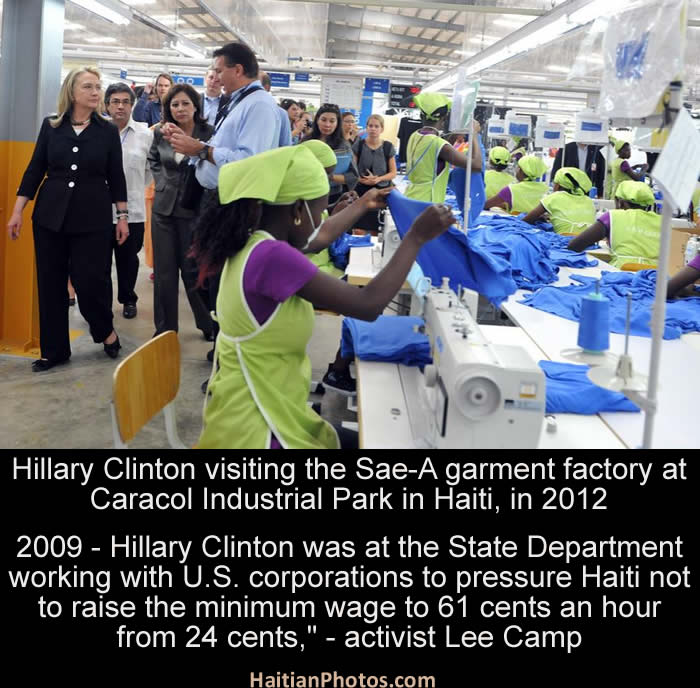
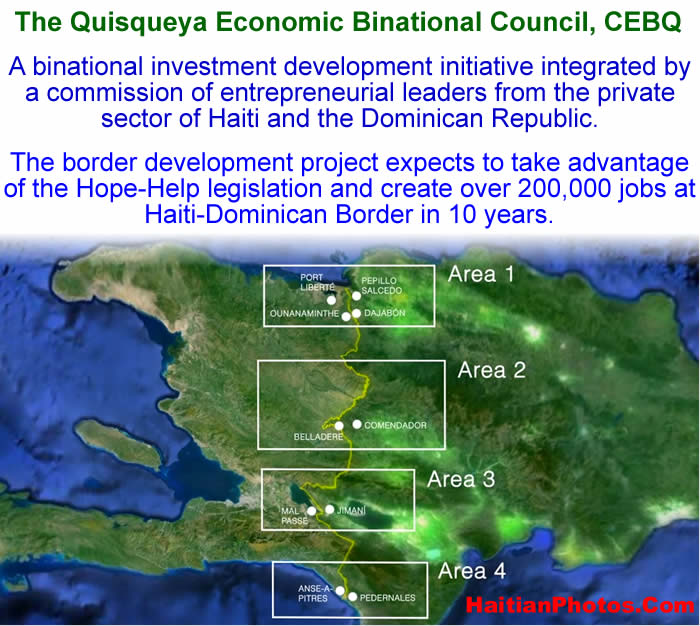
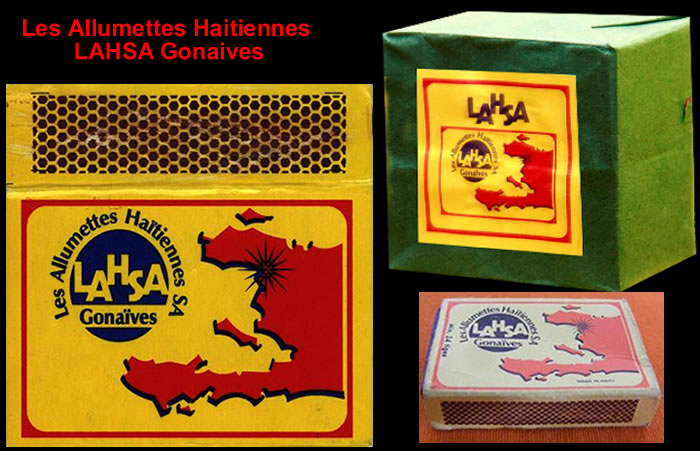


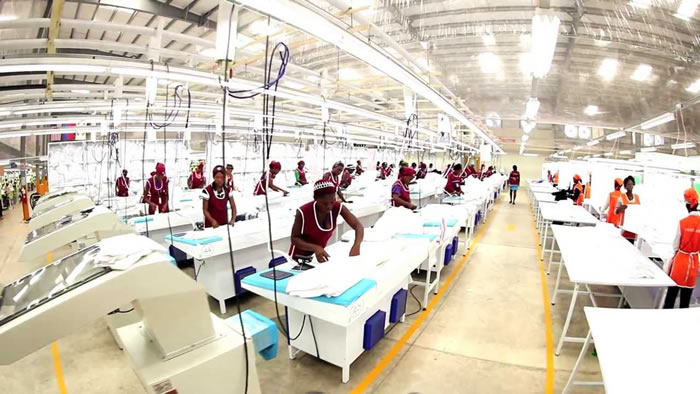

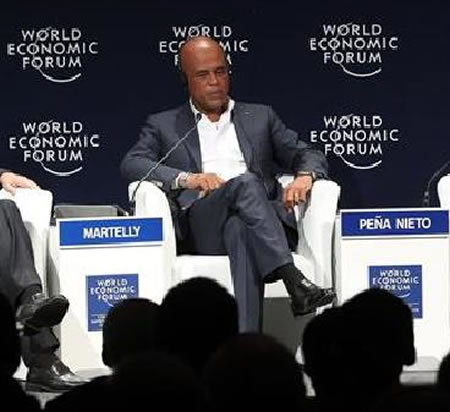

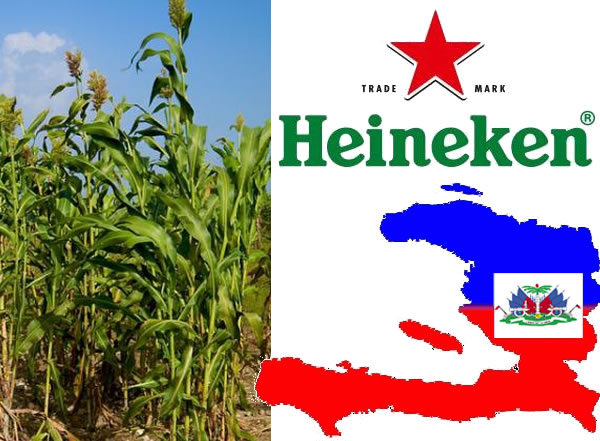
 Gas Station In Haiti
Gas Station In Haiti  Nouveau College Bird in Port-au-Prince, Haiti
Nouveau College Bird in Port-au-Prince, Haiti  Texaco Gas Station In Haiti
Texaco Gas Station In Haiti  Philippe Vorbe entered world football Hall of Fame, CONCACAF
Philippe Vorbe entered world football Hall of Fame, CONCACAF 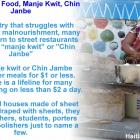 Haiti Street Food, manje kwit or Chin Janbe, for $1 or less
Haiti Street Food, manje kwit or Chin Janbe, for $1 or less  Delimart Plaza, Delmas 32, Port-au-Prince, Haiti being looted
Delimart Plaza, Delmas 32, Port-au-Prince, Haiti being looted  Haitiano-Japanese Naomi Osaka wins the US Open against Serena...
Haitiano-Japanese Naomi Osaka wins the US Open against Serena...  Commissioner Frantz Pierre indicted for accepting bribes
Commissioner Frantz Pierre indicted for accepting bribes 



